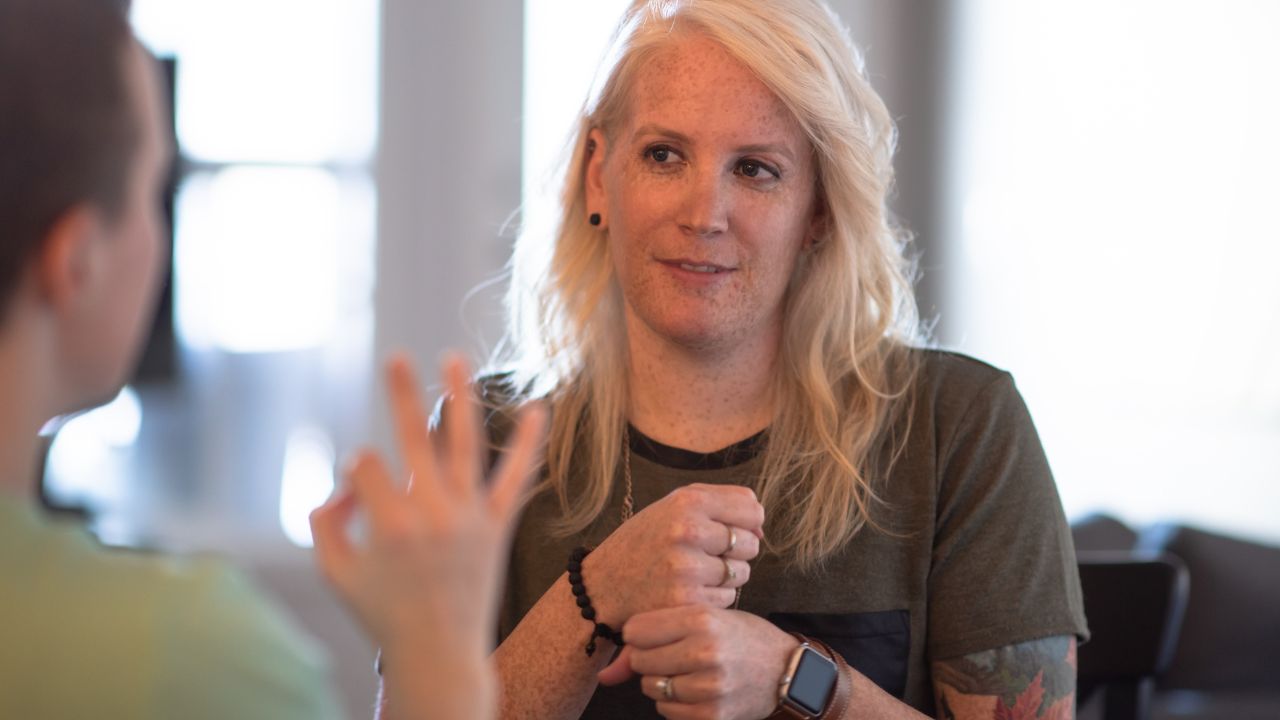Post-Traumatic Growth (PTG) refers to the positive psychological change that can occur after struggling with highly challenging life circumstances or trauma. While many associate trauma with symptoms of Post-Traumatic Stress Disorder (PTSD), it’s also possible to experience growth alongside the pain. In fact, there is growing recognition that traumatic events can lead to transformative outcomes for many people.
You can read more about PTSD and EMDR therapy here.
Trauma and the Potential for Growth
Although the severity of trauma can vary greatly, research suggests that individuals who actively seek meaning from their experiences are more likely to report higher levels of personal growth. PTG tends to show up in three key areas:
-
Improved interpersonal relationships
-
New life possibilities
-
Greater personal strength
While resilience describes the ability to “bounce back” from hardship, post-traumatic growth involves developing new beliefs, behaviours, and priorities that did not exist prior to the trauma.
How People Change Through PTG
Research shows that people often undergo positive changes in self-perception as a result of trauma. These changes may include:
-
Increased inner strength and self-reliance
-
A deeper appreciation for life’s fragility and impermanence
-
Improved decision-making and value alignment
-
Heightened compassion for others
-
A recognition that vulnerability can be a source of strength, especially in relationships
Many people find that even while grieving or processing pain, they are also experiencing personal evolution—a gain in the midst of loss.
Spiritual and Existential Shifts
Trauma that confronts our mortality, or the loss of others, often leads to profound spiritual or existential awareness. Individuals may begin to re-examine:
-
Life’s purpose and meaning
-
Their philosophy of life
-
Long-held spiritual or religious beliefs
-
Newfound passions or values that emerge through adversity
These changes are not always immediate but can unfold gradually as the nervous system and psyche begin to integrate the traumatic experience.
The Power of Meaning-Making After Trauma
Traumatic events often shatter our core assumptions about ourselves and the world. But in doing so, they may also stimulate a search for new meaning, leading to improved cognitive processing and deeper self-understanding. Finding meaning and redefining identity are essential aspects of psychological healing and personal transformation.
It’s important to know: Post-traumatic growth is real. It is not just about surviving trauma, but about discovering who you can become in its aftermath.
Want to Explore Post-Traumatic Growth in Therapy?
Whether you’re navigating trauma or seeking meaning through adversity, therapy can help facilitate this process. Learn more about how EMDR Therapy and integrative approaches can support your healing journey.
Ready for Deep Healing and Real Change?
EMDR Intensives and Healing Retreats are designed to help you shift years of pain in days—not months. These immersive experiences offer focused, high-impact therapy in a safe, supportive environment, with time for integration and renewal.
Spots are limited and fill quickly.
Join the waiting list to be the first to hear when new dates are released and receive priority booking access.
👉 Join the EMDR Intensive & Retreat Waiting List Now
(No obligation—just first access and insider updates.)





